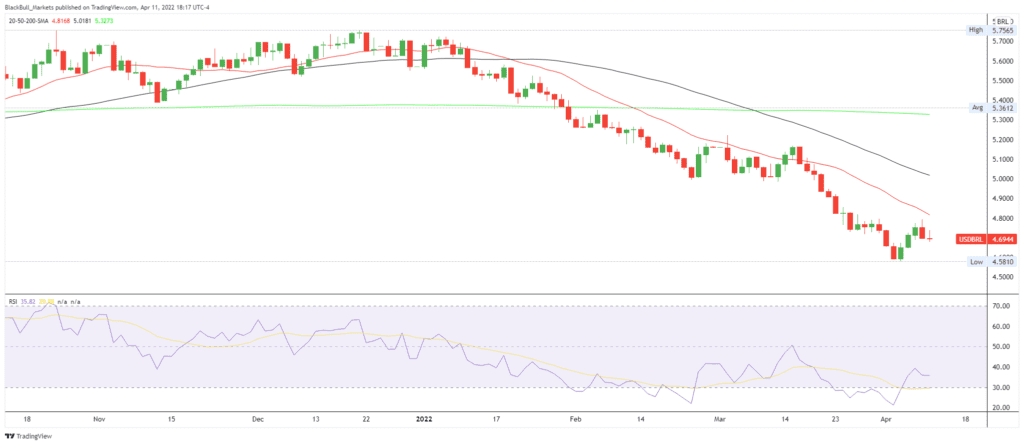In a few months from now, billions of people will be glued to their TVs for the 2022 FIFA World Cup that is set to take place in Qatar. Every four years, soccer’s global governing body gathers teams from over 30 countries for the world’s biggest sporting event that brings in billions of dollars in revenues and other economic benefits (jobs and tourism) for host nations and for FIFA itself.
Economic benefits for host countries
For every World Cup, countries put in their bids to host the event as it is widely seen as beneficial for tourism in the long run. Preparing for the event boosts infrastructure and employment in the run up to the World Cup and attracts tourists during and after the event.
Countries spend heavily in building stadiums as FIFA has had strict stadium requirements since at least 2001. Stadiums for hosting the opening ceremony should have a capacity of at least 80,000 people, while venues slated for quarter-finals should be able to seat 60,000 attendees.
While hosting the World Cup has dubious positive long-term effects on host nations’ tourism and retailing, the impact on employment is undoubtedly transitory as the bulk of job creation is during the construction of stadiums and related infrastructure. Once construction is finished and the World Cup caps off, situations will normalize at host countries and economies will have to wait a couple of years to fully recover the size of their investments in hosting the event.
South Africa, which hosted the 2010 World Cup, spent about £3 billion ($4 billion) on venues and infrastructure costs, but only raked in £323 million in revenue due to lower-than-expected tourist arrivals. South Africa and Brazil, which spent about $15 billion on the 2002 World Cup, are among the host nations that were unable to benefit from their investments.
The South Africa World Cup is regarded by many as a disaster as it triggered protests by workers and by activists that were against the government’s overspending on the project.
Fast forward to 2022, the Qatar World Cup is being met with backlash over how the Gulf state treats its migrant workers. Qatar, albeit small, is one of the world’s richest countries based on its GDP per capita. The oil-exporting country has spent billions on hosting the World Cup that is set to be the first in the Arab world and the second to be entirely set in Asia after the 2002 event in South Korea and Japan.
However, Qatar is facing protests following reports that thousands of migrant workers have died since the country started constructing infrastructures for the event about a decade ago. The 2022 World Cup has also been marred with corruption scandals. Qatar and Russia have been accused by the US Department of Justice two years ago of bribing FIFA officials to award hosting rights to their countries for the 2018 and 2022 World Cups.
Impact on the currency of the World Cup champions
For champions, economic benefits from winning the World Cup are also short-lived. In a 2014 report, Goldman Sachs said the victor outperforms the global market by 3.5% only in the first month after winning. The momentum fades after three months, the bank’s economists said, stressing that the pattern of outperformance is "fairly consistent over time.”
In assessing the World Cup winners between 2002 and 2018, only France registered a slowdown in GDP growth. After winning the 2002 World Cup, Brazil’s GDP jumped 3.1%, faster than the 1.4% expansion in 2001. Italy and Germany also recorded an acceleration in their GDP after their wins in 2006 and 2014, respectively, while Spain’s economy inched up 0.2% in 2010 after contracting 3.8% the previous year.
In terms of the victors’ currencies, the euro—the currency of most European countries—fared better than the US dollar in 2010 when Spain won the World Cup, but lagged against the USD in 2006, 2014, and 2018 when Italy, Germany, and France emerged as champions of the World Cup.
The favorite to win the 2022 FIFA Qatar World Cup is Brazil and could lead to a strengthening in the Brazilian real, which has already had an impressive year. The USD started 2022 at approximately 5.6 reals per US dollar and has since strengthened by 20% to 4.7 reals per US dollar. France (the euro) and England (the pound) are considered the next two favorites with football fans.
Who is the real winner in World Cup events?
If both host nations and champions only receive little to no economic benefits from the World Cup, the clear winner of the international sporting event is undoubtedly the organizer, FIFA, itself. FIFA generates income from the sale of TV, marketing, and licensing rights for football events like the World Cup, while the costs for World Cup events always falls on the host countries.
FIFA is expected to rake in $7 billion in revenue from the 2022 World Cup, up from $5.36 billion from the 2018 World Cup and $4.8 billion from the 2014 event.
